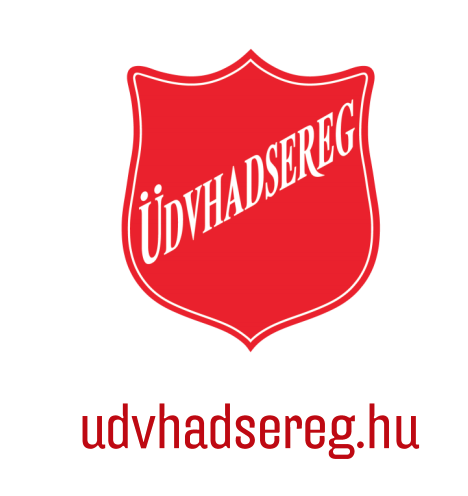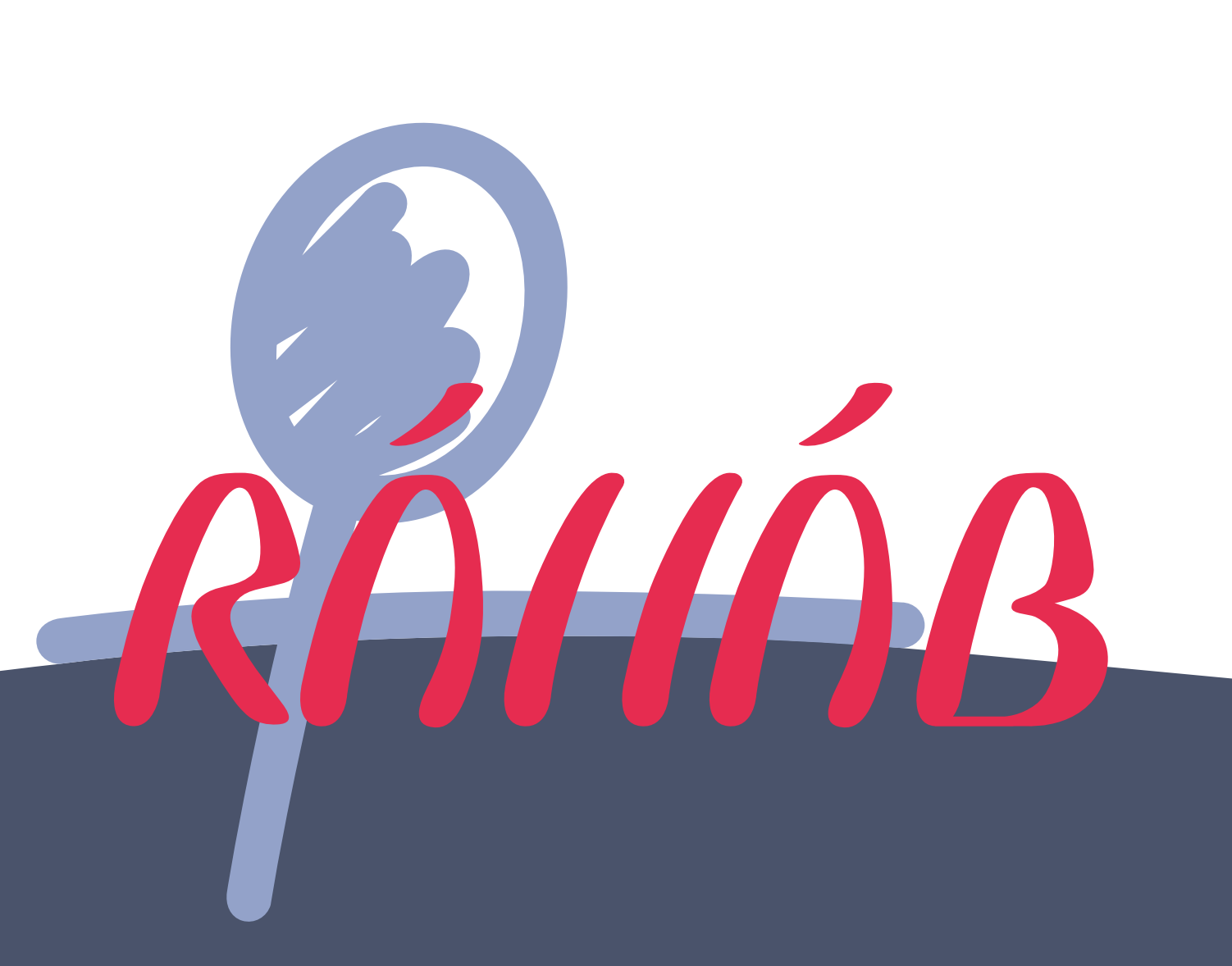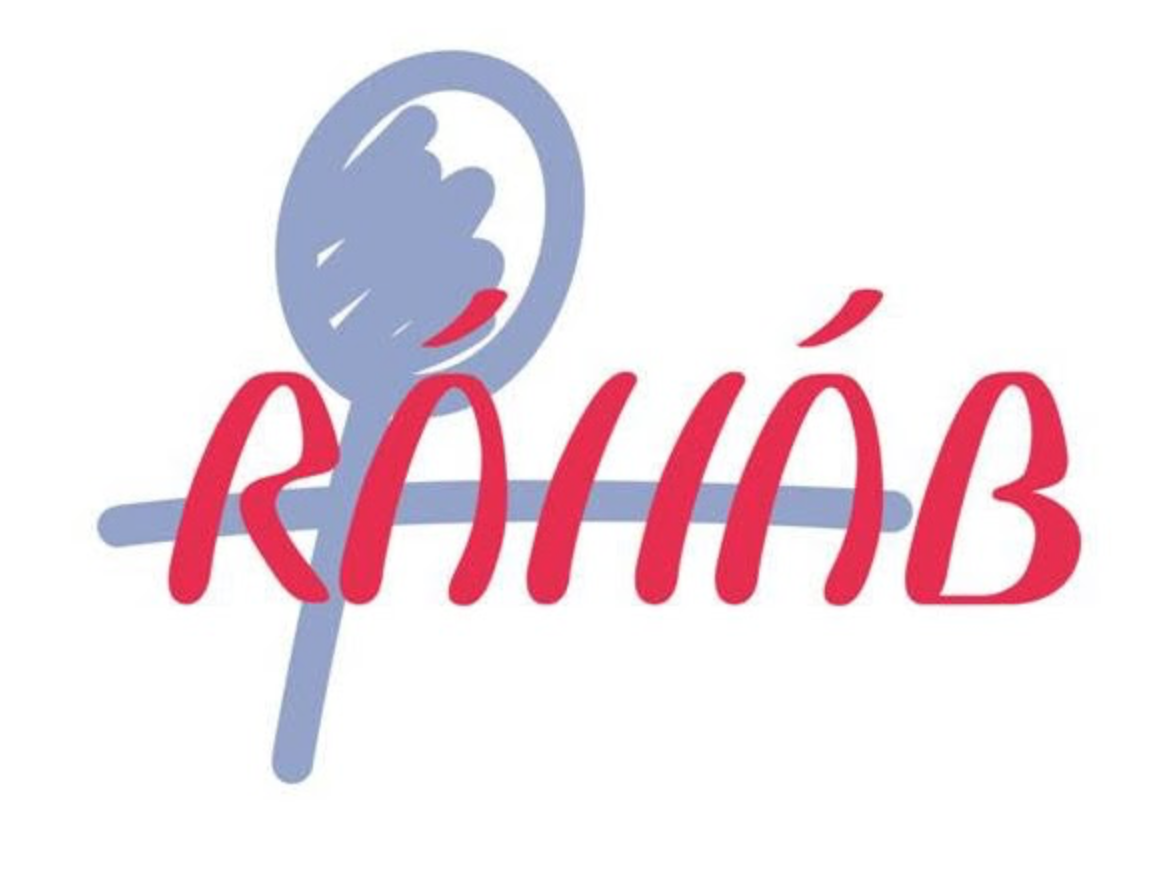What does it mean to fight against Human Trafficking?

Human Trafficking is an international issue; thus, it needs to be addressed internationally.
The Salvation Army has made a long-term commitment to the fight against both visible and disguised Human Trafficking.
In those 128 countries, where TSA is present and has an active role, The Salvation Army uses its international network and its natural relationships with these 128 countries’ ministries and being an active member in the fight at the source-, transit- and destination countries, too. TSA fights against modern slavery and exploitation, and with its work helps victims and their integrations.
On a TSA conference held in Budapest in October 2013, by using its international presence, TSA established an Anti-Human Trafficking Network. After years of preparation and building relationships the Anti Human trafficking work became operative in Hungary, in 2016 also.
Mission of the Rahab program – fight against human depreciation
The person, as an individual matter less and less. Personal interests and economical success are more important than our relationships with all other people; vulnerable women, children, men; and the responsibility felt for them. Together with Rahab’s ministry the Salvation Army fights against this depreciation. As the Salvation Army we represent these people, and fight for the solution of their problems. Our motivation comes from God’s love. We are open towards all people regardless of their life situation or believes. Those who need our help momentarily are in the middle of our attention. Through our service we lean on biblical truths that teach us that all humans are equal and equally valuable (Bible, Psalms 139). Therefore, we cannot accept other people’s exploitation and depreciation (Bible, Mark 12, 30-31). We follow the example of Jesus Christ in the work of Rahab program regarding how He accepted man, how He cared for them. In him we find a role model leading us in the course of Rahab’s program. Biblical values guide us in how to accept depreciated and exploited people, so that they can begin a new, more valuable life. Rahab’s mission is to stop Human Trafficking – within and outside of our borders, too – providing protection, integrating opportunity for those affected, and by doing that: giving back hope and their human dignity. During the process of caring for the victims we aim to restore their freedom and self-respect.
Rahab program
What is Rahab?
Rahab is a street service within the toleration zones of Budapest. Co-workers of Rahab have a timetable with set times when they go to these locations and are available, keep contact with the victims who ask for help, regardless of their social, or ideological background.
The aim of Rahab: Tailoring a new life-reality for the individual.
Rahab aims to present a full lifethat is achievable through Jesus. Rahab’s ‘mobile unit’ was established in 2017, and its ministry is to be regularly present on the streets with involving its volunteers. The street service looks for the girls within the toleration zones of Budapest. The service’s aim is to be available to them, build trust in the girls.
During the regular meetings on the street – besides providing information – Rahab’s main purpose is to understand and react to the needs of these ladies, and through that, offer help to them. We give preventive, health-preserving advice, spiritual care, providing harm – reduction packages for them, and informing them about who they can turn to ask for help, who they can call and where they can find shelter in case of trouble.
The meaning of the wordRahab and the meaning of its logo
The word Rahab is a name of a woman, who was a prostitute living in Jerico. Her house was built on Jerico’s city wall. Joshua, preparing for the occupation of the city, sent two spies whom Rahab hid and led the persecutors onto false traces. After that she let the spies down through her house’s window, fleeing them out of the city. She did this because she knew how God led Israel and how He will place Jerico in their hands, too. In exchange for her act she asked them to spare her life when occupying the city. When the occupation happened, her life was spared, and she joined the people of Israel. She is one of the icons of faith, who was justified by her good deeds (Bible, Joshua 2). In the logo of Rahab the conventionally drawn circle is a representation of a mirror. This mirror reflects the affected person. Whoever sees herself beautiful feels valuable and equal with others. This is not only about the outside look of a person, but that person’s emotional and spiritual state as well. The cross underneath the mirror reminds us of Jesus Christ’s power of transformation which is able to correct the image that we created of ourselves and of our individual lives. Therefore, the cross - as a symbol of faith in Jesus Christ – becomes a bridge that transforms, leading to a new, more valuable life (Bible, 2. Corinthians 5, 17-19).
What Am I to do if I need help?
Get in touch with us!
Mobile phone: +36 20 263 0270, email:
What should I do, if I see someone who needs help?
In case of an acute problem, when action needs to take measures urgently, call:
Police 112 or 06 80-205 520, the National Crisis-handling and Informational Call center (OKIT) (http://bantalmazas.hu/)
Who do I turn to if I would like to help?
Be part of our team, as a volunteer!

The team of Rahab welcomes those volunteers, who are ready to help. We are looking for people older than 25 years, active, new-born Christians. We are looking for prayer supporters, those with driving license, people experienced in logistics, people experienced in social work, individuals having doctoral/ medical knowledge.
Our basic requirements are physical and spiritual health, full privacy, prepared to be in standby, and experienced in caring for people with different world views. It’s not a requirement, but an advantage to know the Bible thoroughly, and knowing the basics of personal evangelization. Our work’s aim is to channel our merciful Jesus’s compassion, and an honest helpfulness towards our fellow- men.
Motivation is crucial for us, there is no space for sensationalists, and we are not open to provide space for research.
Process of hiring a new team member
Get in touch with us with a motivational letter in the following email address:
How can I support your work?
Practically: with donations, hygiene packages, volunteering work
Spiritually: prayer support
Our partners are:
-
Ministry of Home Affairs
-
Judicial Office
-
Anonymous Ways Foundation
 |
 |
Mission
Rahab program – fight against human depreciation
The person, as an individual matter less and less. Personal interests and economical success are more important than our relationships with all other people; vulnerable women, children, men; and the responsibility felt for them. Together with Rahab’s ministry the Salvation Army fights against this depreciation. As the Salvation Army we represent these people, and fight for the solution of their problems. Our motivation comes from God’s love. We are open towards all people regardless of their life situation or believes. Those who need our help momentarily are in the middle of our attention. Through our service we lean on biblical truths that teach us that all humans are equal and equally valuable (Bible, Psalms 139). Therefore, we cannot accept other people’s exploitation and depreciation (Bible, Mark 12, 30-31). We follow the example of Jesus Christ in the work of Rahab program regarding how He accepted man, how He cared for them. In him we find a role model leading us in the course of Rahab’s program. Biblical values guide us in how to accept depreciated and exploited people, so that they can begin a new, more valuable life. Rahab’s mission is to stop Human Trafficking – within and outside of our borders, too – providing protection, integrating opportunity for those affected, and by doing that: giving back hope and their human dignity. During the process of caring for the victims we aim to restore their freedom and self-respect.





